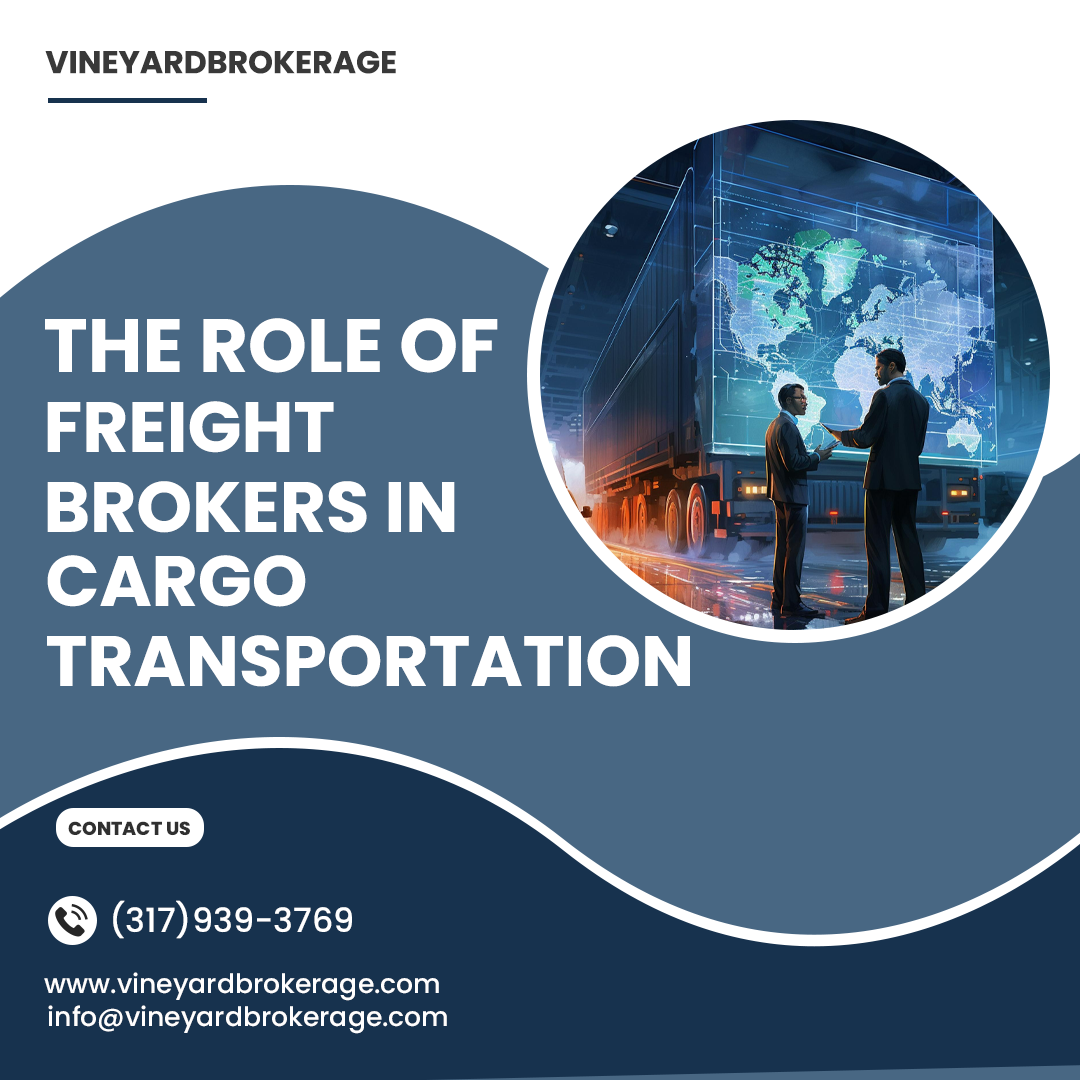Understanding the Cargo and Logistics Landscape:
Cargo and logistics encompass a vast array of activities involved in the movement and transportation of goods. From manufacturing facilities to distribution centers, ports, and warehouses, every step of the supply chain relies on efficient logistics to ensure timely delivery and optimal inventory management. Let’s delve into the intricacies of the cargo and logistics industry and the critical role of freight brokers within this ecosystem.
Key Components of Cargo and Logistics:
1. Supply Chain Management:
Cargo transportation is an integral part of supply chain management, encompassing the planning, execution, and control of the flow of goods from point of origin to point of consumption. Effective supply chain management relies on seamless coordination between various stakeholders, including manufacturers, suppliers, distributors, and transportation providers.
2. Modes of Transportation:
Cargo can be transported via various modes, including road, rail, air, and sea. Each mode offers distinct advantages in terms of speed, cost, and capacity, allowing businesses to choose the most suitable option based on their specific requirements and logistical considerations.
3. Logistics Technology:
The digitalization of logistics has revolutionized the industry, enabling real-time tracking, optimization of routes, and automation of processes. Advanced technologies such as GPS tracking, route optimization software, and warehouse management systems enhance efficiency, visibility, and transparency across the supply chain.
4. Regulatory Compliance:
Compliance with regulatory requirements and industry standards is crucial in the cargo and logistics industry. Freight brokers play a vital role in ensuring adherence to regulations governing transportation, customs clearance, safety standards, and environmental sustainability.
Freight brokers serve as intermediaries between shippers and carriers, facilitating the transportation of goods by connecting them with reliable transportation providers. Let’s explore the key functions and responsibilities of freight brokers in the cargo transportation process.
Key Functions of Freight Brokers:
1. Matchmaking:
Freight brokers act as matchmakers, connecting shippers with carriers that have the capacity and expertise to transport their cargo efficiently. By leveraging their extensive network of carriers, freight brokers ensure that shippers find the most suitable transportation solution for their specific needs.
2. Negotiation:
Freight brokers negotiate rates, terms, and conditions on behalf of their clients, ensuring fair and competitive pricing for cargo transportation services. By leveraging their industry knowledge and expertise, freight brokers help shippers secure cost-effective transportation solutions without compromising on quality or reliability.
3. Documentation and Compliance:
Freight brokers handle the documentation and paperwork associated with cargo transportation, including bills of lading, customs clearance documents, and insurance certificates. They ensure that all necessary permits, licenses, and regulatory requirements are met, facilitating smooth and compliant movement of goods.
4. Tracking and Monitoring:
Freight brokers provide real-time tracking and monitoring of cargo shipments, allowing shippers to stay informed about the status and location of their goods throughout the transportation process. By offering visibility and transparency, freight brokers enable shippers to proactively manage their supply chain and respond effectively to any disruptions or delays.
Choosing the Right Broker for Truck Drivers:
For truck drivers looking to maximize their earning potential and expand their business opportunities, partnering with the right freight broker is essential. Let’s explore the factors that truck drivers should consider when selecting a broker to represent their interests.
Key Considerations for Truck Drivers:
1. Reputation and Reliability:
Truck drivers should seek out freight brokers with a solid reputation for reliability, integrity, and professionalism. A broker’s track record of successfully matching loads with carriers and delivering on promises is indicative of their credibility and trustworthiness.
2. Network and Resources:
Truck drivers should partner with freight brokers who have a diverse network of shippers and carriers, as well as access to a wide range of resources and technology tools. A broker’s extensive network and resources enable them to offer more opportunities and support to truck drivers, maximizing their earning potential.
3. Communication and Support:
Effective communication and support are essential for truck drivers working with freight brokers. Drivers should choose brokers who provide clear and timely communication, as well as responsive support and assistance in resolving any issues or concerns that may arise during the transportation process.
4. Transparency and Fairness:
Truck drivers should prioritize transparency and fairness when selecting a freight broker. Brokers should provide clear and transparent pricing, terms, and conditions, as well as ensure fair treatment and payment for services rendered. Additionally, drivers should seek out brokers who offer timely and accurate payment processing to ensure a positive working relationship.


